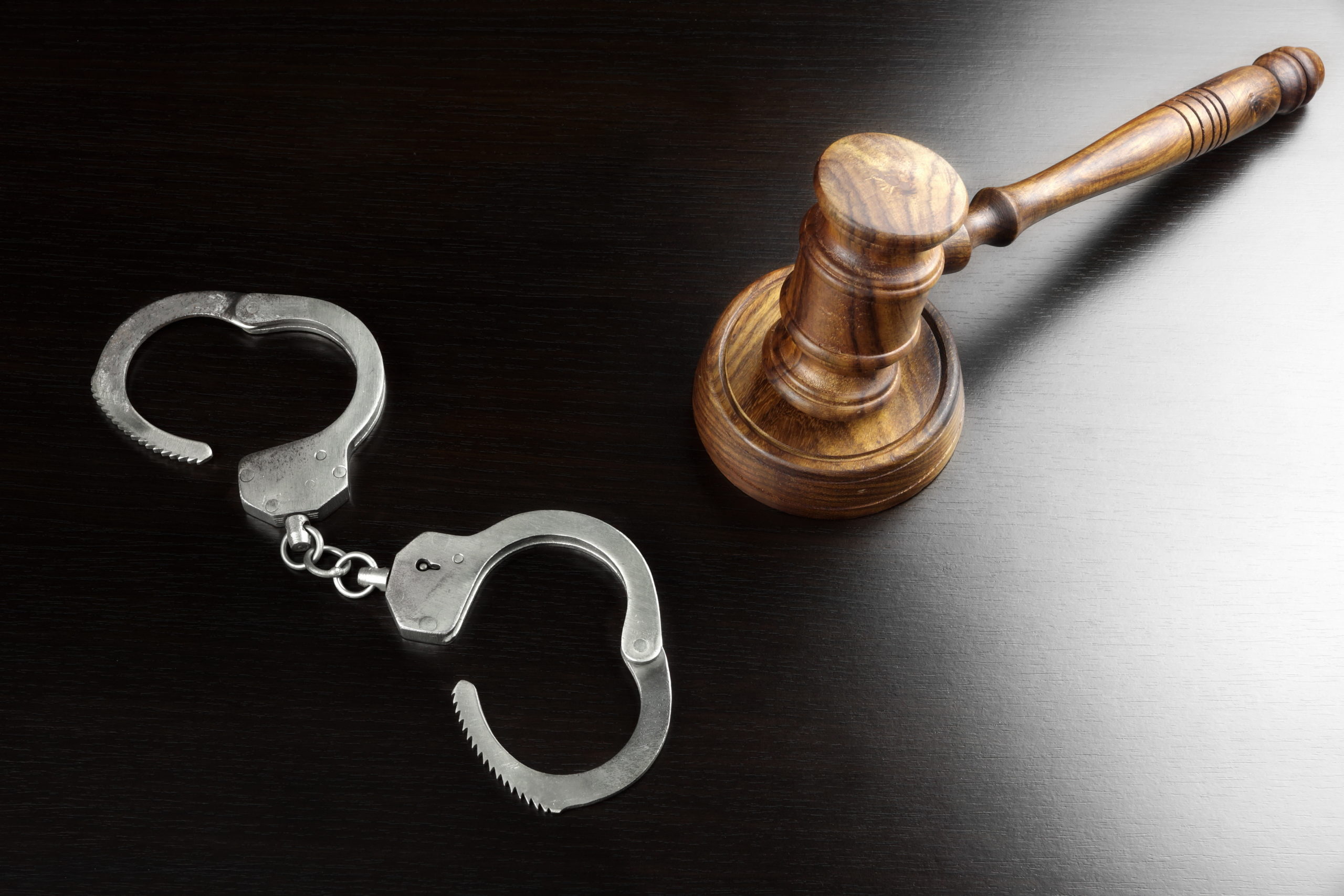
Virginia Criminal Law – Learn About Misdemeanors, the Statute of Limitations for a Felony, and Expungement
In this article, you’ll learn about Misdemeanors, the Statute of Limitations for a felony, and Expungement. You’ll also learn about evidence of mental illness. In Virginia, the law is quite complex, but a good attorney can help you understand your options.
Table of Contents
Misdemeanors
Misdemeanors are offenses that carry little to no jail time, but still carry heavy penalties. The punishments depend on several factors, including the jurisdiction, the alleged offense, and the accused’s criminal history. An experienced Virginia criminal defense attorney can give you more information about the potential penalties for your case.
There are four types of misdemeanors in Virginia. Class one misdemeanors can carry up to a year in jail and a fine of $2500. Misdemeanors can be anything from assault to petit larceny. Misdemeanors can also result in loss of driving privileges, read more.
Statute Of Limitations For A Felony
In Virginia, the statute of limitations for felony offenses varies depending on the offense. For example, if you commit sexual assault on a child, the statute of limitations is five years. For aggravated sexual battery, it is one year. The prosecution has a year to file charges, so if you have a few years before the statute of limitations expires, you might not have to worry about the consequences. However, if you’re facing these criminal charges, it’s best to contact a qualified criminal law attorney for advice.
Felony statutes of limitations vary from state to state. Some felonies do not have a statute of limitations, meaning that law enforcement can pursue a felony case regardless of when it was committed. In Virginia, there is no such limit for aggravated assault and battery.
Expungement
If you have a criminal record in Virginia, you may be eligible for an expungement. However, you must prove that the conviction was an injustice to you. In addition, the crime must have caused you harm, such as denial of employment or educational opportunities. Once you are eligible to apply for an expungement, you must submit a petition to the court. The Commonwealth’s Attorney will review the petition and decide whether to grant the petition. Once approved, you can legally clear your criminal record and resume your life.
There are several benefits of expungement. First, you will no longer have to disclose your arrest record to potential employers or landlords. Second, your criminal record will no longer be accessible to the public. Thirdly, if you ever get arrested again, you will not be required to tell any prospective employers or landlords about your arrest history.

Evidence Of Mental Illness
A law clinic at the University of Virginia is working to change Virginia criminal law to allow defendants to use evidence of mental illness as a defense. The bill, SB 1315, would allow defendants to present evidence that they were suffering from an intellectual or mental disability at the time of the alleged offense. The proponents of the bill say that this will give the court more context in the proceedings.
The initiative is aimed at reducing recidivism rates and ensuring that victims receive the proper treatment. The legislation passed the Senate and has been referred to the House of Delegates. It should pass the General Assembly with bipartisan support. Surveys have shown that 66% of Virginians support allowing the use of mental illness as a defense in a criminal trial. And a recent report from the Virginia Compensation Board found that the proportion of people in state prisons suffering from mental illnesses increased from 20.8 percent to 28 percent in eight years.
Taking A Child Under 18 To A Bawdy Location
In Virginia, if you take a child under the age of 18 to a bawdy location, you could be convicted of a criminal offense. It can result in a 12-month jail term and a $2500 fine, and can also affect your reputation in society. People won’t want to associate with you after being convicted of this crime.
In order to be convicted of a bawdy location charge, the prosecution must prove several elements. One of them is that you were aware of the immoral activities occurring at the location. It also needs to prove that you were in the location with the intention of commercial sex.
Aiding Or Abetting Acts Of Terrorism
Aiding or abetting acts of terrorist activity is a serious crime. It is punishable under Virginia Criminal Law by a term of imprisonment not exceeding twenty years. The crime can also be a class 4 felony if the person involved conspires with another person to commit an act of terrorism.
Virginia has several statutes related to terrorism. SS 18.2-46.4 defines the offense, and SS 19.2-297.1 defines terrorism as an act that is intended to intimidate the civilian population or influence government conduct.


